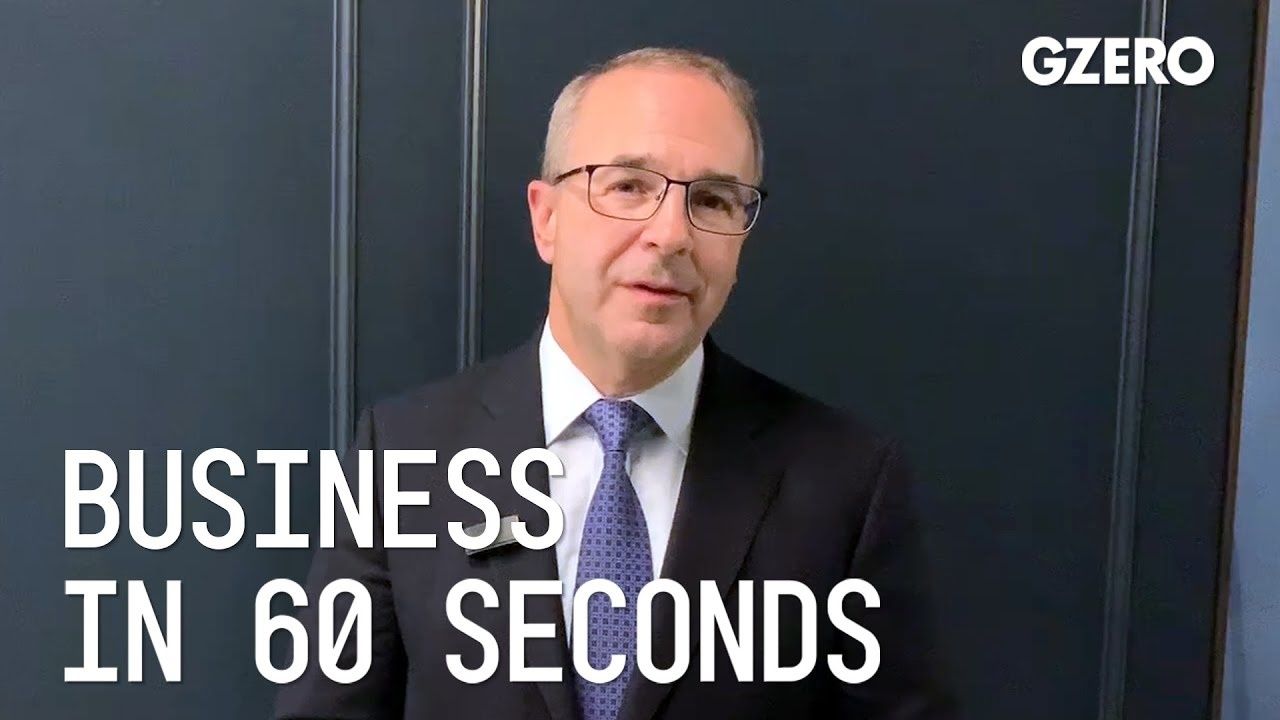March 12, 2020
How has corporate America changed since the events of 2008?
Really, there are three forces which have changed corporate America for good. One: Globalization. No longer seen as the panacea, now seen as a real force that may actually be dismantled, as barriers go up across the world, forcing businesses to reevaluate their supply chains. Two: Rising inequality. Questioning the role of business and its contribution in society more generally, leading to a shift among CEOs from the shareholder to the stakeholders, the many that now require a different set of metrics and a different way of doing things. And thirdly, of course, the change that's been brought about now as the climate becomes a source of instability. For years business was able to plan, safe and secure in the knowledge that the environment at least was something that predictably would not cause an issue. Well, today that's no longer the case. Whether it's global warming and with it, the temperature changes which have led to some of the flooding and indeed the very different forces which are changing insurance premiums around the world or indeed the attitude of the young men towards those who pollute the environment. There isn't a business out there that can afford not to act and take stock of their environmental footprint. So, much has changed and it's not going back.
More For You
A flood victim stands at her flooded home after weeks of heavy rainfall in Boane District, Maputo, Mozambique, January 19, 2026.
REUTERS/Amilton Neves/File Photo
392,000: The estimated number of people displaced across Mozambique by recent rain-induced floods. Severe flooding in the southern African nation, as well as in South Africa and Zimbabwe, has killed over 100 people.
Most Popular
Think you know what's going on around the world? Here's your chance to prove it.
From a resilient but divided consumer economy to cooling small business hiring, tighter housing affordability, and AI’s shift from buzzword to economic engine, 2025 revealed a “K-shaped” recovery and rapid technological transformation. Bank of America Institute’s 2025 Year in Review distills the data behind the year’s defining trends. Explore the 2025 Year in Review from Bank of America Institute.
Honduras' new President Nasry Asfura addresses supporters after his swearing-in ceremony, outside the Congress building, in Tegucigalpa, Honduras, January 27, 2026.
REUTERS/Fredy Rodriguez
Conservative businessman Nasry Asfura has taken office as president of Honduras after winning a razor-thin election that his opponent still disputes.
© 2025 GZERO Media. All Rights Reserved | A Eurasia Group media company.
